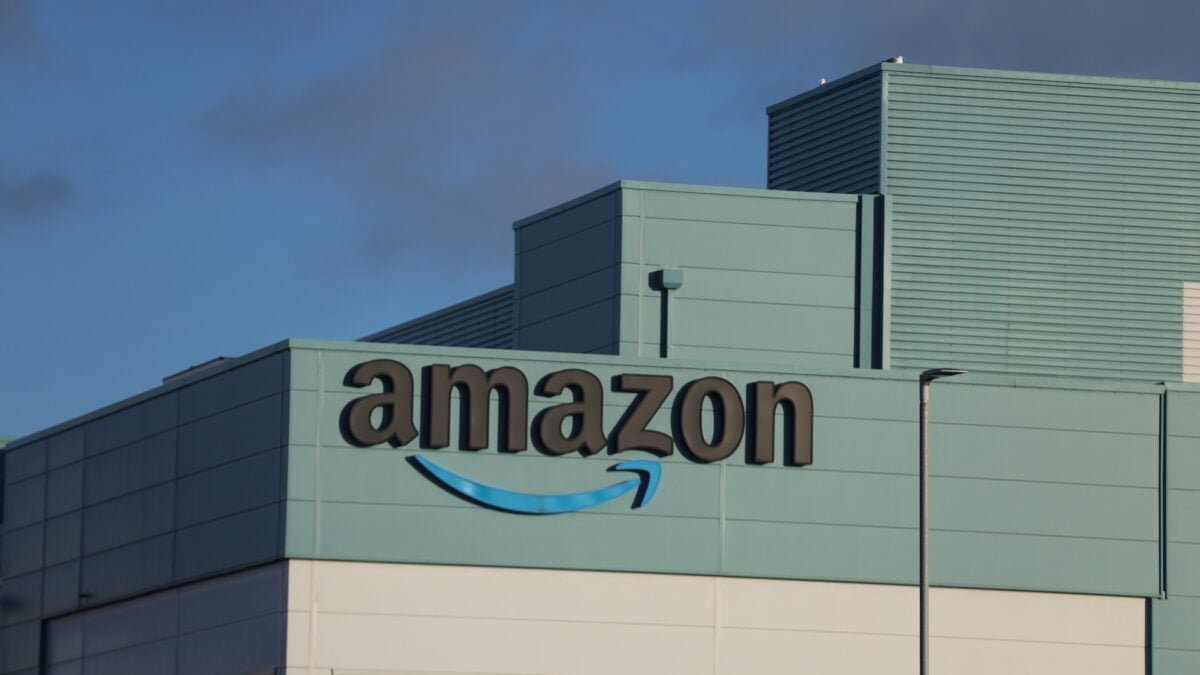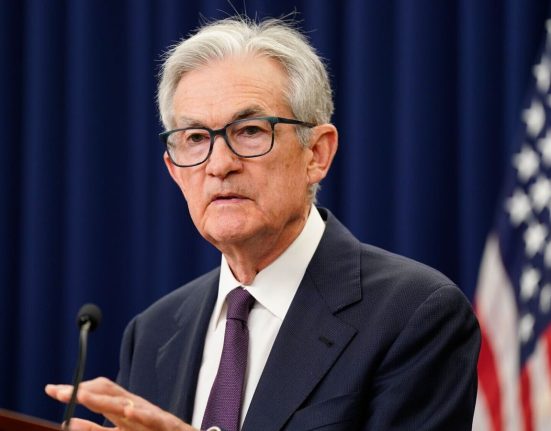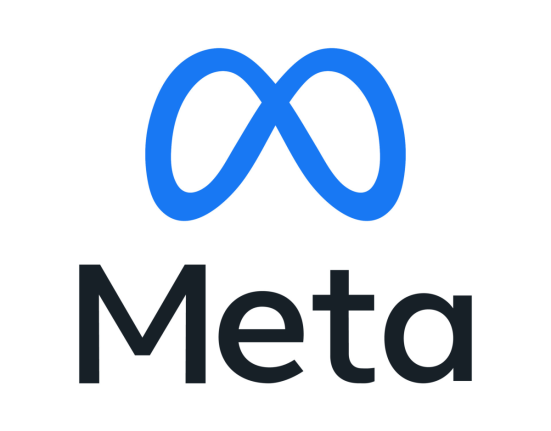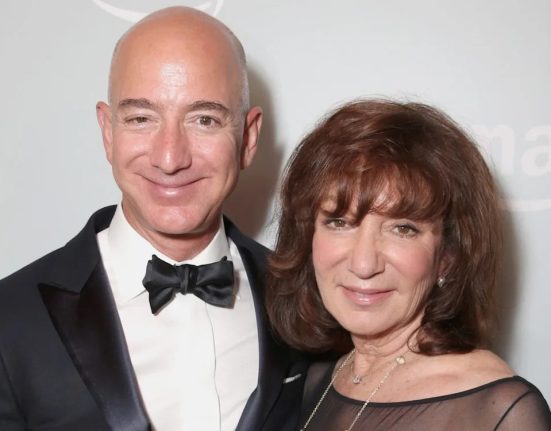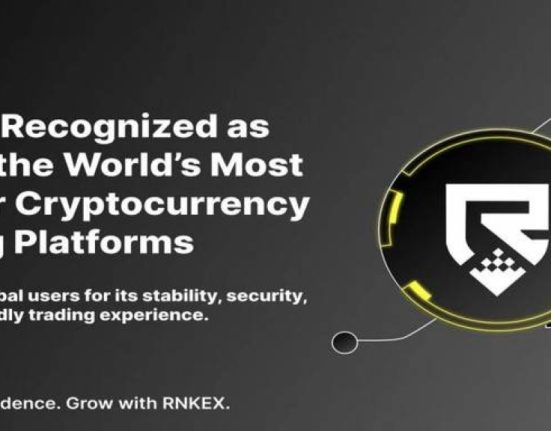Retailers like Amazon and Walmart pay fees to credit card companies every time a customer uses their Visa or Mastercard. And it’s no secret that retailers are not happy with that chunk of change that gets siphoned off. But thanks to the emergence of digital money, these retailers are reportedly itching to get away from the big banks. In fact, they may even issue their own stablecoins, according to a new report from the Wall Street Journal.
Amazon’s efforts to develop a stablecoin are still in the “early stages,” according to the Journal, and there are a lot of questions to sort out. There have reportedly been discussions to use outside stablecoins to settle transactions, but there’s also the possibility the online giant could develop its own.
The prospect of developing your own stablecoin has two sides. For starters: It’s pretty easy. Anyone can make their own fake digital money these days. The flip side is that you’d have to maintain substantial financial reserves to indeed put the “stable” in that stablecoin name. Stablecoins are typically pegged to the dollar, and theoretically, whoever issues the stablecoin is holding a dollar or a dollar’s equivalent for every stablecoin they issue.
But you can see how that gets dicey quickly. If the stablecoin “depegs,” meaning one of your coins is no longer worth $1 in U.S. currency, people start selling them for less than they’re worth, and the entire house of cards crumbles. And you can see where that leads. You’re soon out of business. That, of course, is why regulators would be the other hurdle to any plans for a big company like Amazon to issue its own stablecoin. The Journal notes that the likelihood of retailers like Amazon starting their own crypto would likely hinge on whether the so-called Genius Act passes Congress, which would set up a regulatory framework for stablecoins.
Facebook toyed with the idea of issuing its own cryptocurrency back in 2019. CEO Mark Zuckerberg’s team dubbed it Libra, but people took to calling the fake money Zuckbucks. Facebook even founded an entirely new entity called Calibra to oversee the project. But after pushback from legislators, things started to get rough for the project. The U.S. House Committee on Financial Services and the Senate Banking Committee held hearings, the name Libra became Diem, and Facebook’s project got beat up by critics as a scam to let the social media company print money. It didn’t work out, and Facebook abandoned the project.
But nobody knows what would happen if a company like Amazon or Walmart started its own stablecoin today. It’s an entirely new regulatory environment, to say the least. President Trump has appointed David Sacks as the first “Crypto Czar,” and Trump himself has a cryptocurrency which has reportedly added billions of dollars to his family’s net worth. If there was ever a time for an ambitious big retailer to try it out, this would really be it.
Neither Amazon nor Walmart responded to questions emailed Friday. Gizmodo will update this post if we hear back.

